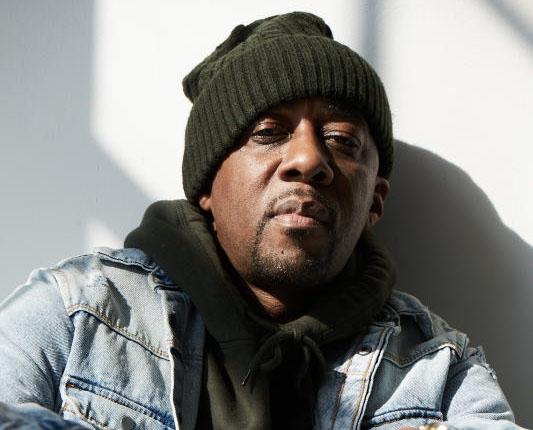×
The Standard e-Paper
Home To Bold Columnists

By the time he was five, Draze was already playing in his mom’s marimba band. However, his mother was not just another bandleader; Draze is the son of powerhouse marimba and mbira performers Dumisani Maraire and Lora (Sukutai) Chiorah.
Moreover, he is the younger brother of major Zimbabwean songstress and former touring artist Chiwoniso. Chiwoniso Maraire was an internationally known Zimbabwean singer, songwriter, and exponent of Zimbabwean mbira music. She died in 2013 of suspected pneumonia.